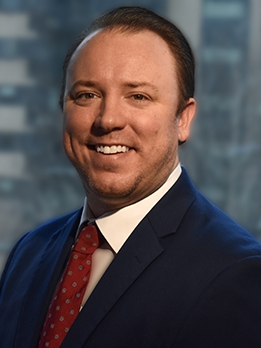Protecting your vulnerable loved ones in nursing homes is a priority. As a trusted nursing home abuse attorney in Kansas City, we provide you with crucial tips to safeguard your family members and pursue justice in case of neglect or abuse. Here are important steps you can take:
Identifying Risk Factors of Nursing Home Abuse
Be vigilant in recognizing the potential risk factors that make nursing home residents prone to abuse or neglect, especially those with dementia or communication difficulties. Our seasoned lawyers can guide you in understanding the complexities involved.
Monitoring Signs and Symptoms of Nursing Home Abuse
Stay alert to the signs and symptoms of nursing home abuse, some of which may not be overtly noticeable. Ensure to seek immediate medical attention for your loved one if you suspect any form of maltreatment.
Championing the Rights of Nursing Home Residents
Step up as an advocate for your loved one’s rights within the nursing home environment. Our expert attorneys are here to assist you in enforcing these rights and safeguarding the dignity of your family member.
Taking the Right Actions in Suspected Abuse Cases
Knowing what actions to undertake when you suspect abuse is crucial. Report the incident, secure medical assistance, and ensure a safe living condition for your loved one. We can guide you on the necessary steps to guarantee their safety.
Avoiding Counterproductive Actions
In case of suspected abuse, avoid confronting the staff directly as it may escalate the situation or result in loss of evidence. Our legal team can help strategize an effective approach to handle such sensitive situations.
Reporting Nursing Home Abuse Efficiently
Efficiently report nursing home abuse to relevant Missouri or Kansas state agencies, the resident's doctor, and the nursing home administrator. Remember, consulting with our adept lawyers beforehand can help build a strong case.
Preparing for a Nursing Home Injury Lawsuit
Before considering filing a lawsuit, understand the vital aspects like collecting substantial evidence, identifying the rightful person to initiate the lawsuit, and adhering to the state's statute of limitations. Our team can help navigate these legal intricacies.
Leveraging Expert Witnesses in Your Lawsuit
Engaging expert witnesses can bolster your case by providing testimony on the expected standard of care and analyzing the extent of injuries sustained. Our firm has access to a network of reliable experts to support your case.
Understanding Settlement Procedures in Nursing Home Cases
Get to grips with the settlement processes, including handling arbitration clauses effectively to protect your loved one's legal rights. We are skilled in negotiating favorable settlements that uphold the rights of nursing home residents.
Seeking Legal Assistance Timely
Contact a reliable Kansas City nursing home neglect abuse lawyer promptly if you suspect any abuse or neglect. Our firm is committed to providing immediate assistance to protect your loved one’s rights.
Your loved one's age or medical condition should never be a reason to overlook nursing home abuse or neglect. At Peterson & Associates, P.C., we stand ready to provide legal support and guidance to hold nursing homes accountable. Reach out to us today to explore your legal options and protect the rights and dignity of your loved one.


















